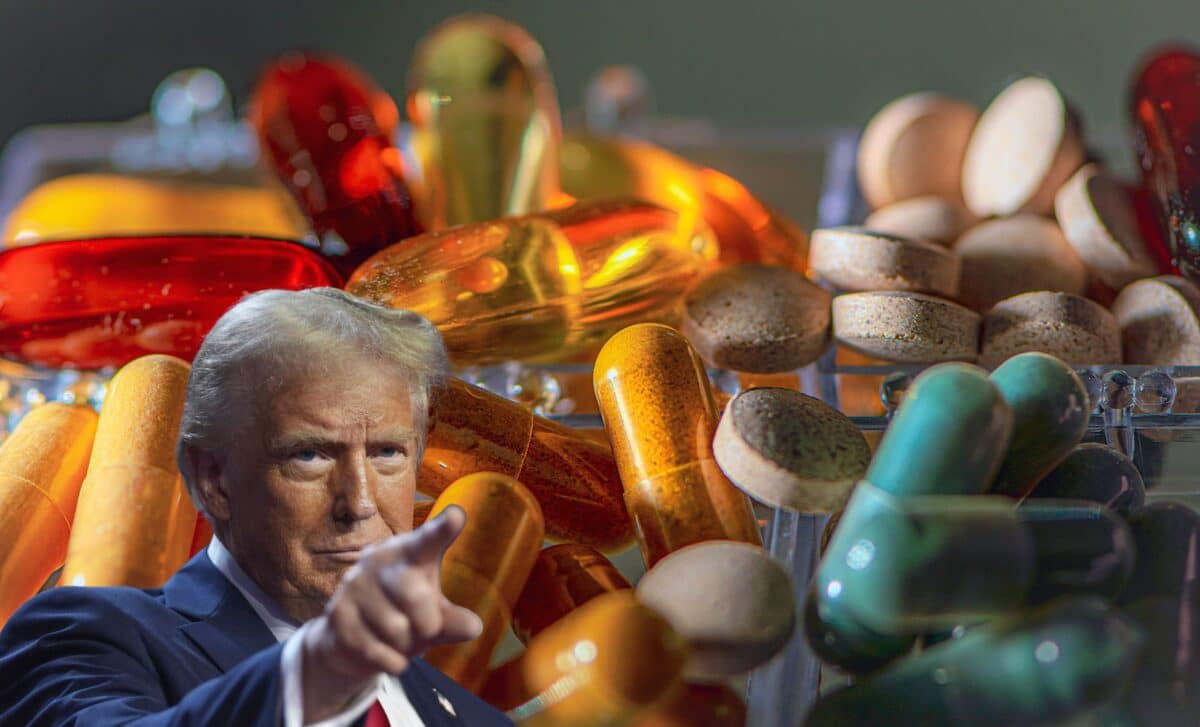President Donald Trump’s administration is reportedly planning to impose tariffs on foreign-made pharmaceuticals, a move aimed at reshoring US drug manufacturing.
This strategy is part of broader efforts to bolster domestic production, but experts warn that such tariffs could lead to higher drug prices and potential shortages, especially for essential generic medications.
A Shift in Pharmaceutical Manufacturing
In recent years, the pharmaceutical industry has increasingly relied on overseas production, particularly in countries such as China and India. According to industry data provider Clarivate, these countries are responsible for producing a significant proportion of the world’s active pharmaceutical ingredients (APIs), including widely-used drugs like ibuprofen and ciprofloxacin.
The shift towards offshoring has been driven by lower manufacturing costs in these regions, as well as tax incentives in places like Ireland. As a result, the US is heavily dependent on foreign suppliers for essential medications, including many generic drugs.
President Trump has expressed concerns about the national security risks associated with this reliance on foreign-made medicines. At a recent event, he stated that pharmaceutical companies must either bring production back to the US or face a substantial tariff.
While some domestic production still exists, most medications consumed in the US are either fully or partially manufactured overseas.
The Potential Impact on Drug Prices and Shortages
While tariffs on imported drugs may have little immediate impact on brand-name medications, which are generally priced according to market demand, the effect on generic drugs could be more pronounced.
Generic medications, which account for the vast majority of prescriptions in the US, are typically more price-sensitive and depend heavily on low-cost overseas production. According to experts, a 25 percent tariff could increase the price of some generic drugs by hundreds or even thousands of dollars annually.
For example, the cost of a generic cancer medication could rise by as much as $10,000 for a six-month supply.
This price increase could exacerbate the already growing issue of drug shortages. Erin Fox, a drug shortage expert at the University of Utah, has highlighted the risk that higher costs could force some manufacturers out of the market.
The tariffs could especially affect injectable medications, which are harder and more expensive to produce, further aggravating the potential for supply









